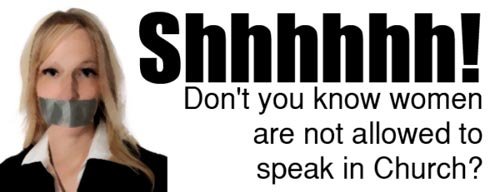I survived abuse. But even I think some people are turning trauma into a brand.

I was abused by a man who stood behind a pulpit every Sunday. A man who quoted scripture while breaking me down behind closed doors. I know what it means to survive, to escape, to rebuild from ash.
But here’s the truth a lot of us won’t say out loud:
Not every survivor is helping others. Some are just recycling their pain for clout.
I get it — I really do. For a while, posting my story felt like taking my power back. But somewhere along the way, I had to ask myself: am I healing, or am I addicted to the reaction I get when I bleed online?
There’s a difference between sharing to help others…
…and posting for validation because your identity is now “the one who was hurt.”
Healing is not supposed to be a spectator sport. It’s ugly. Silent. Deep. Not always aesthetic. Not always packaged for TikTok or trauma-core Instagram reels.
Some people haven’t even started the hard part yet — the accountability, the therapy, the forgiveness (of self, not abuser). But they’re already selling books, doing podcasts, starting “healing courses.”
No one wants to say this, but I will:
Being a survivor doesn’t mean you’re a guide. It just means you lived. What you do after that — that’s where the real work starts.
Not everyone with a story needs a stage. Some of us need silence. Some of us need therapy before we need followers.
And that’s okay